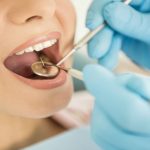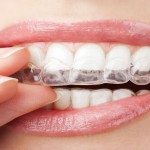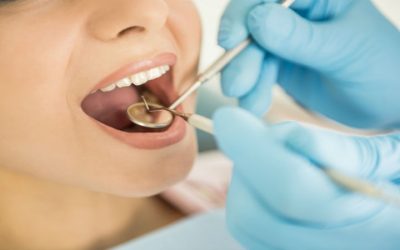People who deal with painful symptoms involving the jaw may have a condition known as temporomandibular joint (TMJ) disorder. Symptoms include sudden severe pain when opening the mouth wide, and frequent headaches and neck pain. Pain may even radiate to the shoulders. Some individuals develop dizziness and ear pain; they may even notice some level of hearing difficulty. Popping, grinding or clicking sounds may occur when the person opens his or her mouth or chews. Some dental practitioners provide care for Jaw Disorders and can help patients resolve or manage this problem. Even if the patient’s TMJ disorder cannot be eliminated, a variety of strategies can minimize symptoms.
TMJ is usually not a congenital condition. Instead, it typically is a problem a person develops because of certain oral habits, disease, or trauma to the jaw. One illness that is connected with TMJ Jaw Disorders is rheumatoid arthritis, which causes inflammation and swelling in joints. Patients generally have the most problems with hand, foot, arm and leg joints, but they can experience flareups that affect other parts of the body as well. Youngsters with rheumatoid arthritis, commonly called juvenile arthritis, are more susceptible to jaw effects than adults are. Patients may work with both a rheumatologist and a dental practitioner who provides strategies to reduce painful symptoms in the jaw.
Trauma does not necessarily involve an acute injury. Instead, the trauma that causes TMJ is usually associated with teeth grinding and jaw clenching. Many people who grind their teeth frequently do so when they are asleep and have little to no control over the behavior. Jaw clenching can involve holding the teeth together tightly or clamping down on an object such as a pen or straw. Chewing gum throughout most of the day, as well as chomping on hard candy or ice, can cause long-term injury resulting in TMJ disorder. These chronic actions change the alignment of the teeth and jaw. The muscles and membranes in the area become inflamed and sore. A dentist with a practice like Gentle Family Dentistry & Orthodontics is eager to help patients decrease the pain of TMJ disorder.








